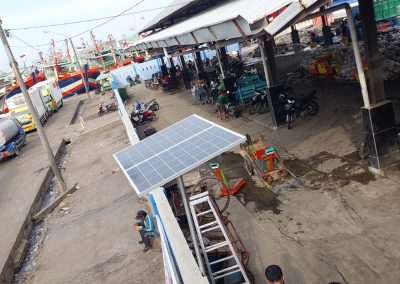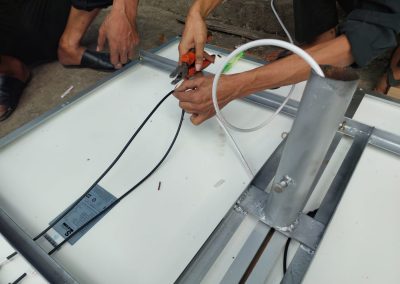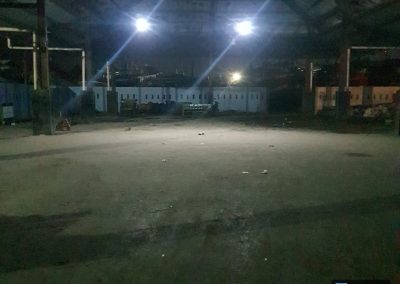Energy Economics:
Field of Energy Economics:
Energy Transition
Carbon Trading
Energy and Labour Issues
Energy sector about labor include:
- Health and safety – Workers in the energy sector are often exposed to hazardous conditions and materials, and there is a risk of accidents and injuries. Ensuring worker health and safety is a key concern in the energy sector.
- Training and skills – The energy sector requires workers with specialized skills and knowledge, but there is often a shortage of workers with the required qualifications. Providing adequate training and education to workers is essential for the energy sector to function effectively.
- Diversity and inclusion – The energy sector has traditionally been male-dominated and has faced criticism for lack of diversity and inclusion. Efforts are underway to increase the representation of women and other underrepresented groups in the sector.
- Labor rights – Workers in the energy sector, particularly those in the oil and gas industry, are often subject to long working hours and difficult working conditions. Ensuring that workers’ rights are protected, including the right to collective bargaining and fair wages, is important.
- Transitioning to clean energy – As the world moves towards cleaner sources of energy, such as wind and solar power, there is a risk of job losses in traditional energy sectors, such as coal mining and oil extraction. Ensuring a just transition for workers in these sectors is an important concern for labor organizations and policymakers.
The field of Energy Economics is the new field at FEB UNDIP.
Concerning this courses, all taught at Study Program in Economics.
[Click here for more info]



